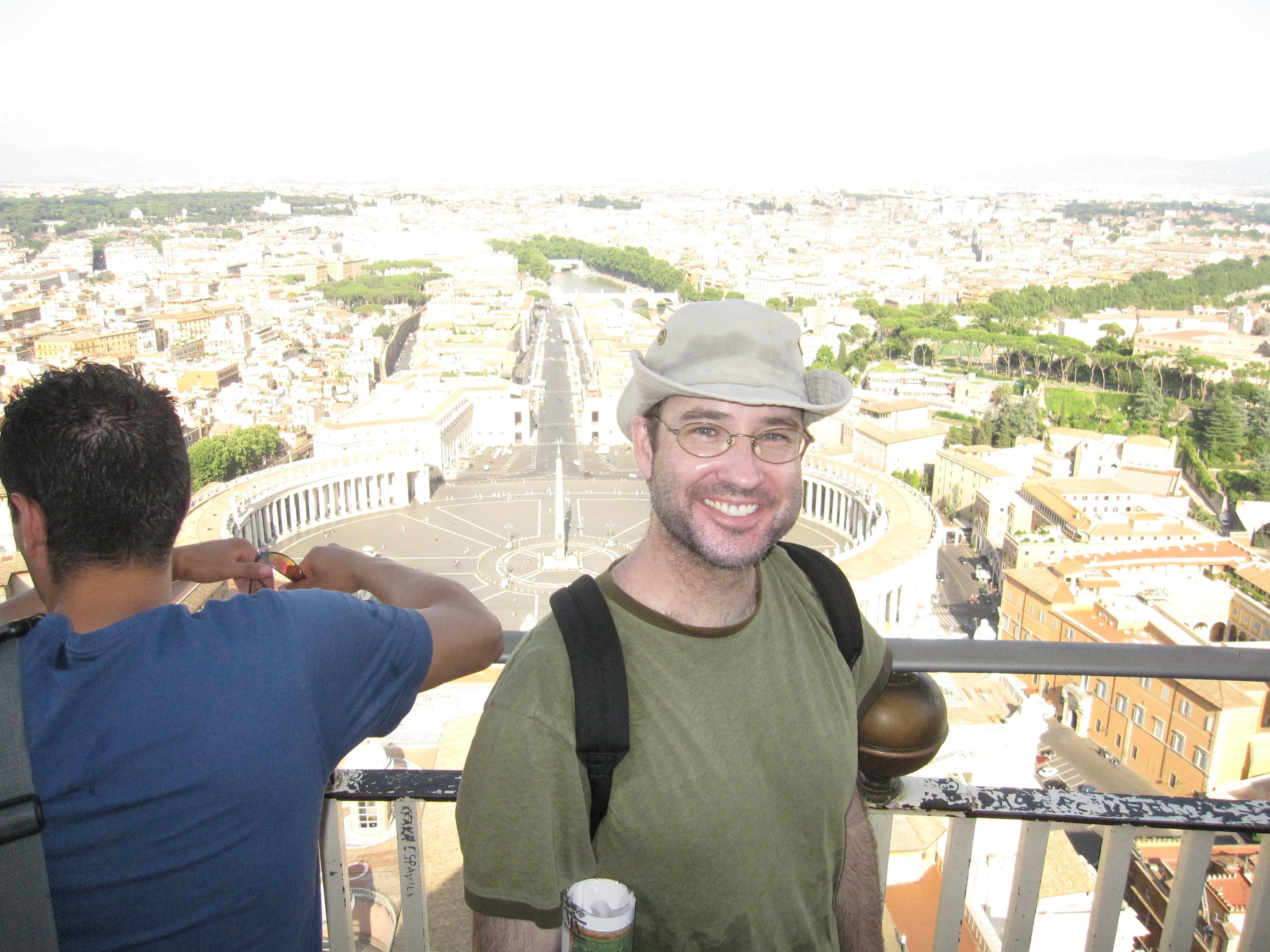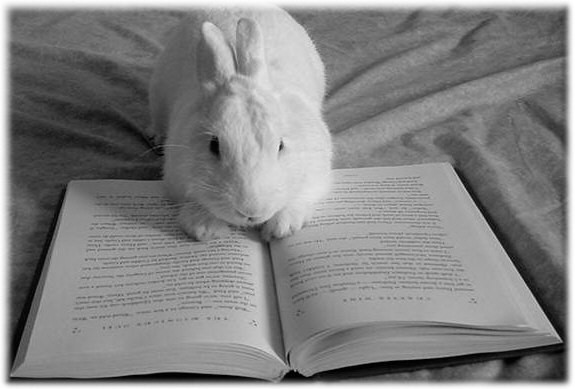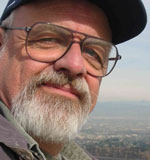AN INTERVIEW WITH FILM & TV MANAGER DAVID BAIRD OF KINETIC MANAGEMENT
By Stephen Jay Schwartz

I’ve known David Baird for over fifteen years. In a way, we grew up together as D-Boys in the entertainment industry. We met when I was a development executive for Wolfgang Petersen and David was a development executive for Marc Shmuger at Sony Studios. We hit it off right away and, in time, ended up traveling to different screenwriting and book conferences talking about the process of developing films for Hollywood.
When we left the development world, I went off to pursue a career as a writer and he launched his own management company. Last year, when my literary and film agents started talking about a TV option for my novels BOULEVARD and BEAT, I found David’s knowledge of the Hollywood landscape indispensable. I chose to bring him on as my manager and he chose to accept me as one of his clients. David is the person who put me in the meeting with the producers of GRINDER, the film I wrote last year, and the rest is history.
I’m very happy he could join us today to give us a little perspective on how books are optioned for TV and film.
First of all, what exactly is it that you do? What does your typical day or week look like? Is there a “seasonal” nature to your work? When are you busiest, and why?
I spend a pretty big portion of my time any given week talking with clients about their current or next project. That might mean anything from discussing ideas for TV “specs” (sample scripts of existing TV shows) to discussing feedback on drafts of current projects. I spend the remaining portion of my time meeting executives, doing recon on what buyers are looking for, following up with executives on client sample submissions, and reading client material and material from potential new clients. I have a number of TV clients, and so TV “staffing season” (the period where new fall shows on the broadcast networks do the majority of their writer hiring — .i.e. March to June –is the busiest time of year for me.
What does a manager do that isn’t typically done by an agent or entertainment lawyer?
Every manager/agent/lawyer relationship is a bit different of course, but the traditional breakdown of responsibilities is that the agent focuses on identifying job opportunities, and then along with the lawyer handles negotiations and contracts. Managers are often part of those processes, but also typically spend time helping out on a week to week basis with the selection and generation of new sample material, giving feedback on spec projects or projects the client is working on for a buyer, and strategizing with a client about short and long term — anything from planning for an upcoming meeting to helping map out priorities and a schedule when a writer is involved with more than one project at once.
What do you look for in a novel?
The business is motivated very, very strongly by the need to be able to effectively market new projects. Studios tend to have confidence that an adaptation will be marketable if it is either a bestseller (Girl with the Dragon Tattoo), or it has at its heart a very big idea—a provocative and unique central idea which can be conveyed effectively in a blurb, or billboard, or 30 second spot. (Fight Club)
Books tend to be closed-ended stories, and therefore a slightly better match for film adaptation, since film by its nature tends to be about closed-ended stories as well. TV by contrast tends to be an episodic medium, or an open-ended serialized medium, so often the same characteristics that make a character viable for a book series will make that same book series viable as a TV series. Often that means really unique characters whose jobs bring them repeatedly and regularly into unusually dramatic situations.
When I look at material that hasn’t been out in the marketplace already, I think about possible film adaptations in terms of whether the central idea is unique, provocative, and conveyable, and about possible TV adaptations in terms how unique the central character is, and whether she inhabits a world which is intrinsically dramatic, such that stories beyond the one in the novel are relatively easy to generate.
What do you look for in an author?
Most managers, myself included, spend a lot of time with their clients, either on the phone or in person. So in addition to wanting to work with writers who are great storytellers and strong declarative writers, I like to work with folks I feel compatible with; to me that almost always means writers who are confident in their vision, but also welcoming of feedback.
Take us through the process: How does an author get his novel optioned and what are the steps that lead from the option to a successful TV series or film?
It’s the old cliché: There are just as many ways of getting there as there are writers and authors. What most adaptations will have in common is a piece of material with a big idea or a big character at the center; and an agent and/manager who is excited and able to get the material into the hands of a lot of potential producers or buyers. A good book agent will often have a strong sense about whether a piece is a good candidate for film or TV, and will also often have relationships with agents or managers in LA who handle book-to-film or book-to-TV sales. A writer can occasionally navigate those waters herself, but I think it’s extraordinarily difficult. I always encourage authors to spend their time trying to find representation, rather than trying to find a buyer themselves.
What are the obstacles that keep an optioned novel from making it as a series or a feature film?
In TV, success tends to revolve around the quality of the pilot script. If a good pilot script is generated, a network will usually opt to “go to pilot”; if the pilot shoot then goes well — i.e. the production values and performances are good, the cast has good chemistry, the shoot stays more or less within budget – then getting a “series order” (i.e. having your show put on the air) often comes down to whether the network needs your particular type of show for its schedule in the upcoming year, and how much competition there is from other new pilots the network has shot. The TV process is nice in the sense that it is fairly quick; with some exceptions, optioned material doesn’t tend to languish for years and years. It either gets moved forward relatively quickly from one step to the next, or it tends to be dropped. Film is very different; a film project likewise has to start with a great script, but a film studio is often more than willing to go through many iterations over many years to get that script right. Once a good script exists, the factors that really tend to push a film adaptation forward quickly are the attachment of a director and the attachment of an actor or actress who the financier considers “big” enough to justify the budget of the film. A strong film script might sit for years before the right combination of director and star come aboard and the studio decides to greenlight the film.
What are the pitfalls in the option process, and how do you protect the author’s interests?
With an option, my goals for the writer include getting a reasonable amount of money up front (and “reasonable” can vary widely, depending on the book’s sales, the number of other buyers who are interested in optioning, etc); ensuring that the producer who options the books stays motivated to put the project together (which in practice means limiting the time period of the initial option to 12 or 18 months, and building in additional payments to the author for option periods beyond that if the producer wants to keep a property under option); and most importantly perhaps, constructing a deal so that the author is fairly compensated in any number of possible eventual scenarios. No one ever really knows in advance how a particular adaptation will perform commercially, so particularly in film, there should be some mechanism by which the author’s compensation rises in some direct proportion to a film’s success. (On a TV series, success is measured in number of episodes produced; the author will be entitled to a certain fee or fees on a per-episode basis in most book-to-TV adaptations, so that the author will automatically make a larger total fee on a successful TV series than on a series which is cancelled after a few episodes.)
If an author has a choice, should he go with a feature film option or a TV option? Why?
It’s rare in my experience that an author gets a practical choice, where she is approached by one producer interested in film, and a second interested in TV. Should that happen, I think the choice comes down to which medium the author and her reps feel is a better match for the content, and which producer the author and her reps have the most confidence in. Most of the time, a given producer will have film or TV in mind when he approaches an author, but will nonetheless offer an option which allows him the right to eventually develop the project for either film OR TV.
What should an author do to maximize his chances of getting a film or TV option?
If we consider that issue of marketability again, it’s really out of any author’s hands whether her book becomes a bestseller. What she can control to some degree, if it’s an important consideration to her, is whether the content of the novel will make for a good film or TV adaptation — in other words, back to our old question about whether the idea of the book is provocative, unique, and concisely conveyed, or whether the book has a big unique character at the center whose life is intrinsically dramatic. The challenge on this front is that the more specific answer to the question “What works in film and TV?” is constantly evolving. A surly, outspoken, and brilliant research doctor may seem like a great idea for a TV series by the standard I’ve described here… until one considers that HOUSE has already effectively cornered that market. So, unless an author is following the TV and film markets very carefully, or getting some feedback from someone who is, engineering appropriate content can be a very tough.
What I tend to emphasize to my clients as a result is that they will find the most success if they consider a variety of ideas that they could write enthusiastically, and then secondarily home in on a final choice based on a sense of which of those ideas the market might tend to embrace. In other words, I’ll look at the market, but only as a secondary consideration, and only with a healthy respect for the limitations of that approach. It’s a fool’s errand to write something one doesn’t have sustained passion for just because it seems commercial.
Once an author has a finished piece of material in hand which she thinks may make for a good film or TV adaptation, the big key for me, again, is getting a representative on board who knows the waters, has a good reputation, and can get the material into the hands of producers and buyers.
What is the current state of the film and TV industries and what opportunities do you see for authors in the future?
It’s good news in many ways for novelists that the studio film business has become very marketing-oriented. Studios like to pursue stories that have had a successful test run in some other medium already. So books, magazine articles, graphic comics — sometimes even game properties like Battleship and Monopoly — appeal to studios insofar as they are “pre-marketed.” This makes the film business a really interesting place for authors with “filmic” novels, and I think that trend will continue for some time.
What do you recommend for authors who want to write for film or television? How does one make the transition? What challenges should the author expect to encounter while making this transition?
On one level, a storyteller is a storyteller. That said, film, and particularly TV, are to novels like haiku is to free verse; there are real structural constraints inherent in both, and understanding those unique structural demands is critical. If an author is interested in film, I think the best chance she has of breaking in is to write sample screenplays, which she may then either sell outright, or which, more often, she may use to demonstrate to a producer that she knows the medium and ought to get first crack at adapting her own material when it is optioned.
This is far less likely to happen in TV, however. When a network buys a pilot pitch or an underlying property like a novel to be adapted into a pilot, they will almost always demand to have a very seasoned TV writer write the pilot. That said, once a TV series is put on the air, the show then hires a staff of writers to work together and share the burden of developing and writing the individual episodes over a given season. Most of these writers will have had some previous TV writing experience, but some of the “junior” jobs on these staffs will go to aspiring writers who have not yet broken into TV, but who have written strong TV samples (either samples of existing shows, original pilot scripts, or both) that suggest to a studio and network that they are worth giving a try. So while a novelist with no TV experience will rarely if ever get a shot at writing a TV pilot based on her novel, she does have a chance at getting on the writing staff itself by demonstrating, with strong TV samples, that she is sufficiently versed in the medium.
Thank you, David, for spending time with us at Murderati!
David began his career working as an assistant to the producers of the Ace Award winning television series “The Hidden Room” on Lifetime, and subsequently worked as an executive for literary manager/producer David Rotman, as well as for feature producers Marc Shmuger at Sony and Lynwood Spinks at Universal.
In 2003 David started literary management company Kinetic Management, where he works with both film and television writers.
He graduated with a B.A. in Political Science from Amherst College.
David will be checking in throughout the day to answer any questions you have.




